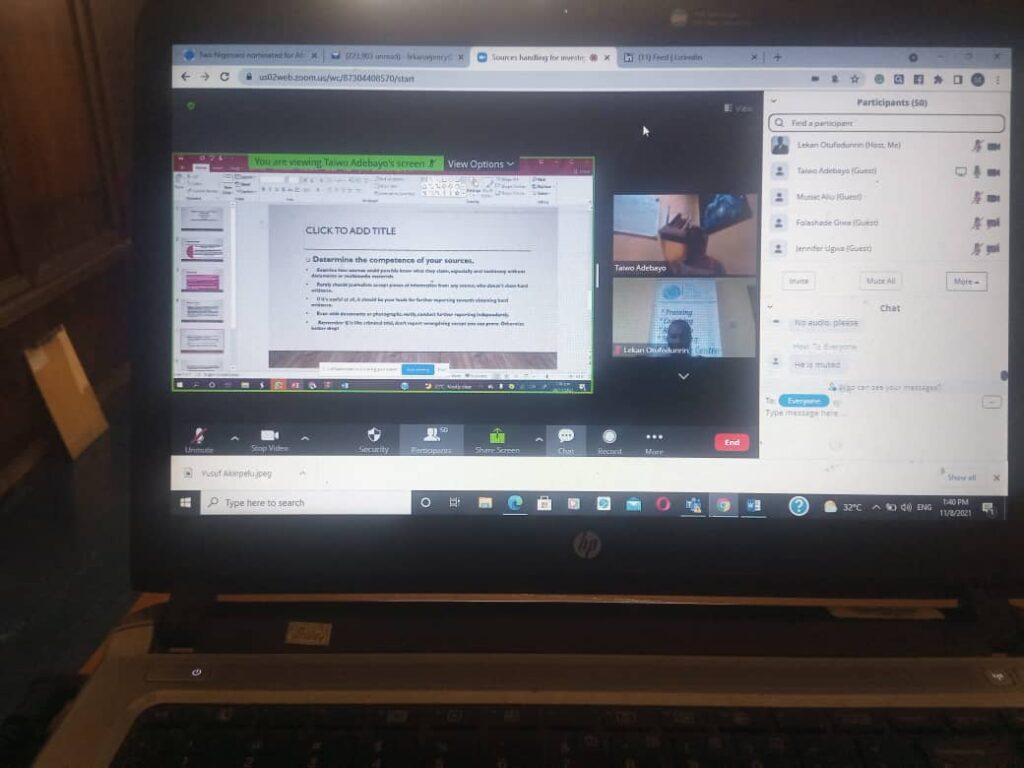Worldwide, journalists are trained to educate, inform and entertain members of the public. This means that basically, journalists owe their allegiances to society.
As watchdogs of society, they hold the government and its agencies at various levels, accountable for their actions and inactions.
But, there are journalists and there are journalists. Some journalists are contented with just getting news reports and features stories from press statements and doing “according to” kind of journalism.
Call them arm-chair or conventional journalists and you may be correct.
However, investigative journalists are not satisfied with routine reports from press statements issued by government officials or their various agencies.
Especially in the present new media age, they prefer to dig deeper to unearth documented facts on corruption, conflicts, mismanagement of funds, diversion of funds, abuse of offices, and other social vices linked with government officials who swore to an oath not to steal public funds or be involved in corrupt practices and other organisations and individuals.
On Monday, November 8, Media Career Development Network, a Lagos-based, not-for-profit media training, mentorship and coaching organization held a webinar on the theme ‘Sources Handling in Investigative Journalism’ with Taiwo Hassan Adebayo, an Assistant Editor ( Investigations) with Premium Times as the speaker.
Adebayo said investigative journalists, who are interested in digging deep on conflicts at the local, state, national and international levels, political findings, national insecurity, collapse buildings, and COVID 19 fundings, depend on whistleblowers, credible sources, leaked hard copy documents among other to do their job.
” But, some of these sources or whistleblowers may have vested interests in leaking documents to journalists. From the security man or woman at the gate, through to the cleaner, secretary and up to some ogas-at-the-top, a skeptical, not cynical journalists, will have to dig deeper, make contacts with the government agency or multi-national companies without exposing his or her sources.
According to him, fact-checking, cross-checking of statistics and figures and records should be done many times before an investigative report is published. This may take days, weeks, months or even years to accomplish.
He advised investigative journalists to be patient and be thorough in digging deep to confirm and verify their documents before publishing.
Adebayo said investigative journalists should avoid single-source reporting, conduct independent investigations and verification of hard copies of documents, refrain from relying on oral evidence, since this may not be admissible in court, even if the sources were recorded.
He also cautioned against avoiding litigation, explaining that investigative journalists took about two years of shifting through leaked documents, verifications of multiple records, sources, and public records on the Pandora Papers investigation
Lekan Otunfodunrin, Executive Director, Media Career Deployment Network, who moderated the webinar urged young and professional journalists who are interested in making a career as investigative journalists to abide by necessary guidelines.

